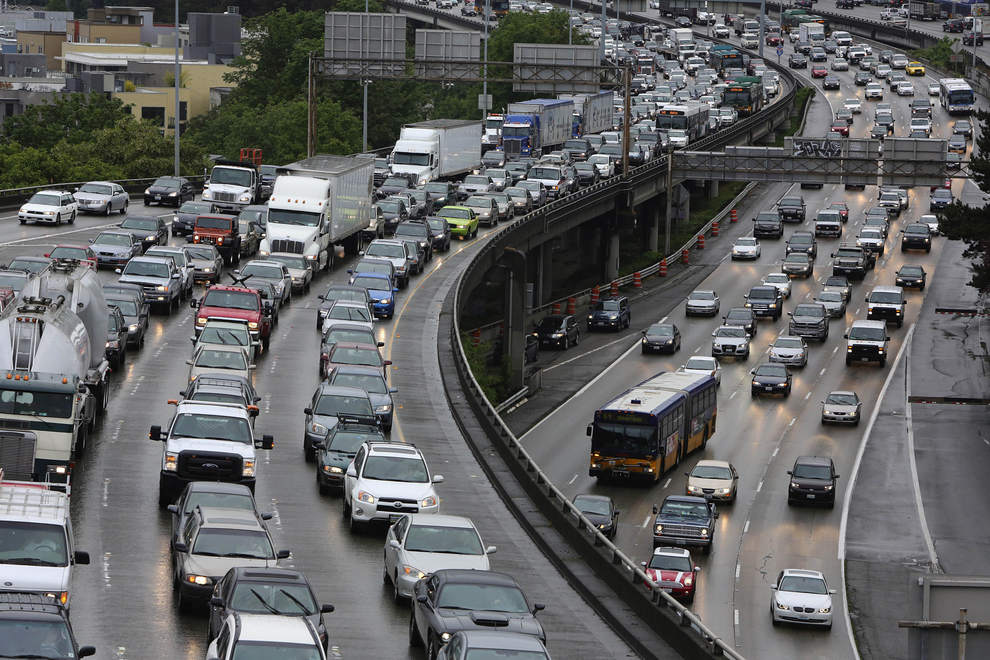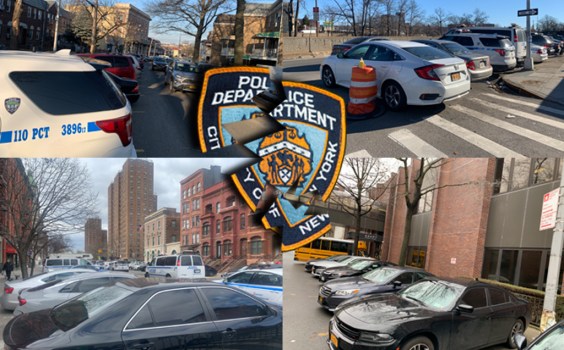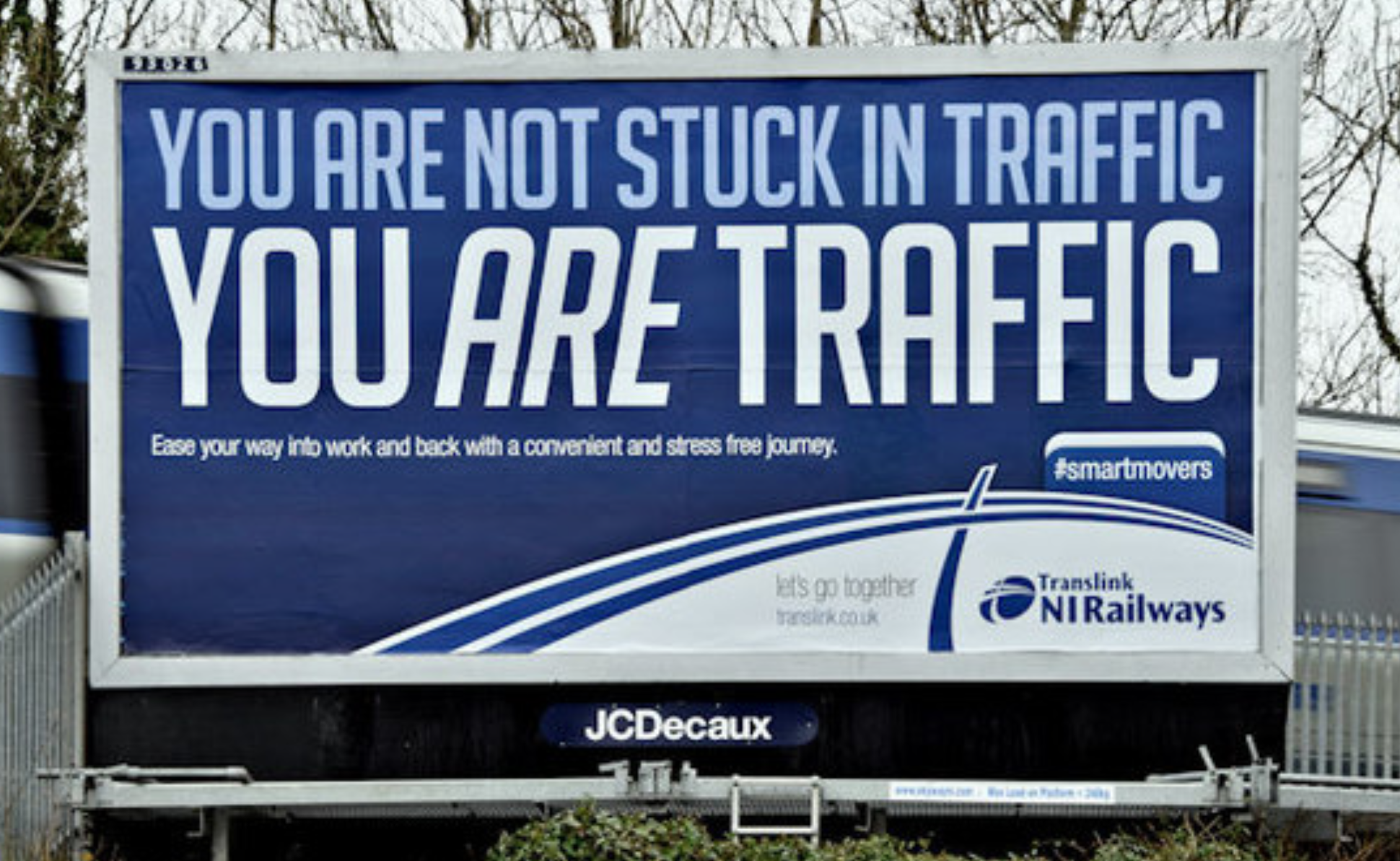Portland wants to rein in drivers with tolls on two interstate highways — a form of congestion pricing that would require federal approval.
The move by the Oregon Department of Transportation to create surge pricing during rush hour on 1-205 and 1-5 near downtown would require a nod by the Trump administration because current law prohibits states from imposing tolls on existing highway lanes.
Plans originally called for pricing every highway lane that runs through the downtown Portland, including six highways that form a rough loop around the center city. But plans have been scaled back: now they just include two highways slated for expansion: I-5 which runs along the Willamette River near downtown Portland and Interstate-205 by the Abernethy Bridge between the suburbs of Oregon City and West Linn.
The commission responsible for developing the congestion pricing proposal hasn't finalized exactly where it plans to toll or even the exact prices, pending Federal Highway Administration approval. The tolling would not likely be put in place until 2024, reports Jonathan Maus at Bike Portland.
But still environmental advocates say it's a step forward.
"When you eliminate bottlenecks and get traffic flowing freely, you have—in essence—added capacity," Chris Hagerbaumer, the director of Oregon Environmental Council testified at a hearing about the plan. "You no longer need to add new lanes, your save taxpayers a bundle, and you reduce dangerous auto and truck exhaust."
Unfortunately, the simultaneous environmental benefits of tolling will be lost in this case because Oregon intends to use the toll revenue for highway expansion projects, including the I-5 widening in the Rose Quarter. Oregon's constitution limits the revenues for road projects, but Maus believes activists could get some revenue redirected to bike or transit projects under rules designed to protect low-income and disadvantaged populations affected by freeway projects.
Aaron Brown, a Portland community organizer who has been active in opposing the expansion of I-5, says the plan would be much better without the new highway capacity tied in but politically it didn't seem possible. State Rep. Julie Parrish, a Republican, for example, had insisted the money be spent on highways.
"At the end of the day, ODOT's cooperating with congestion pricing because they want the revenue to build more freeways, particularly their three big 'bottleneck' projects around the region," said Brown. "The fact it's being instituted at all is still a pretty big deal."





